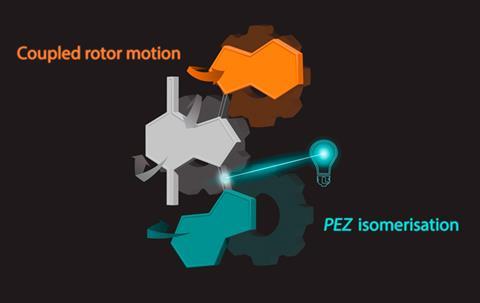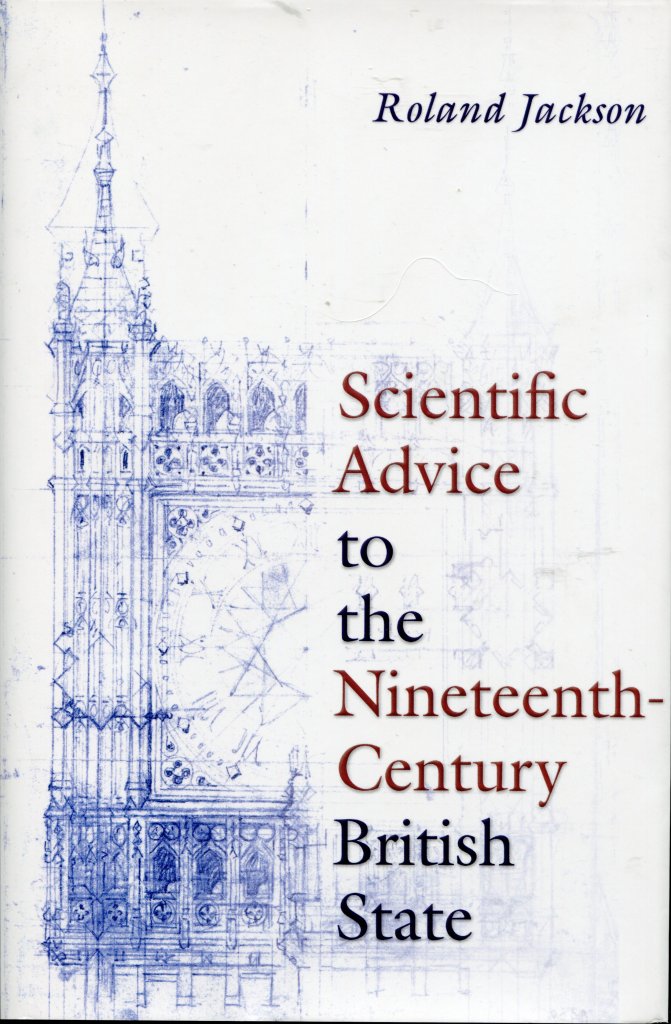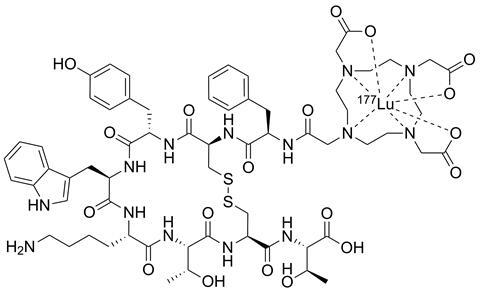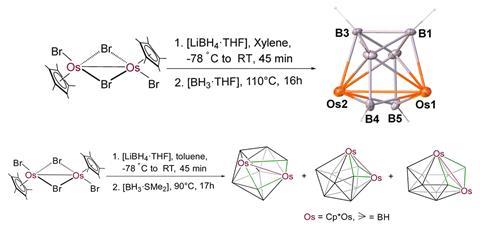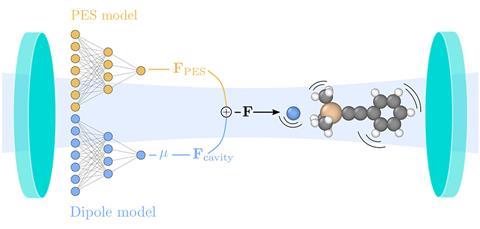At least 2500 scientists have severed ties with Russia since its full-scale invasion of Ukraine in February 2022, according to an analysis carried out by the Russian newspaper Novaya Gazeta. The data was sourced from Orcid, an international database bringing together information on more than 20 million scientists from around the world. According to Novaya […]
Read More

